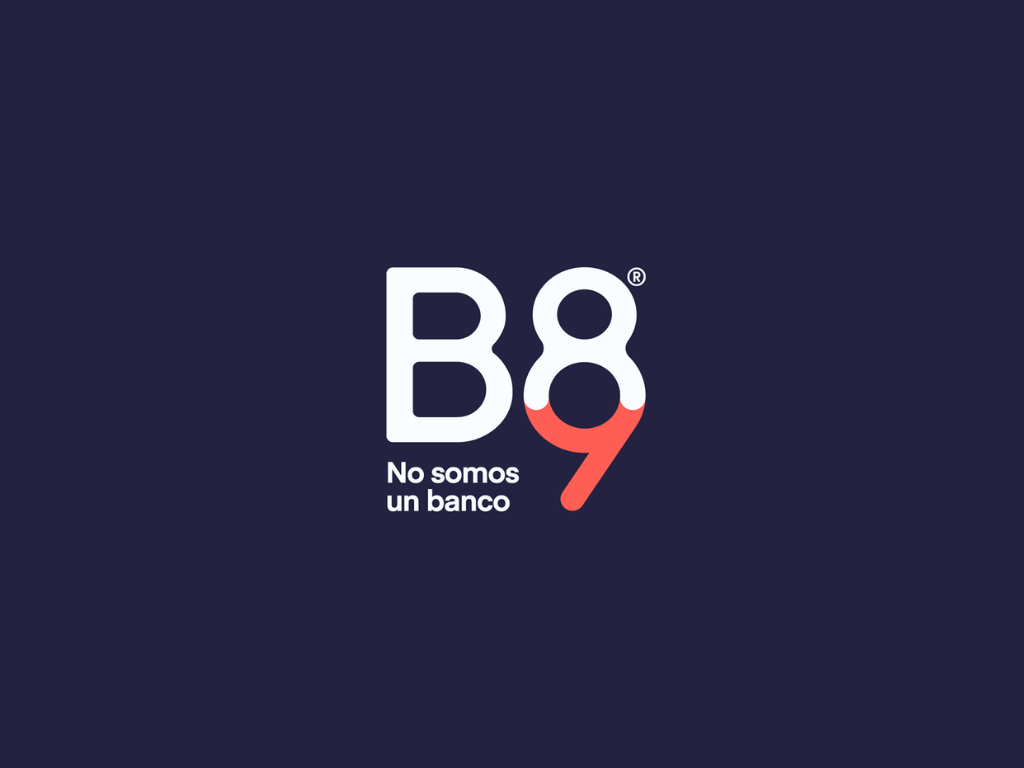
15 June, 2020
B89 aims to break the “near-oligopoly” in Peruvian banking
Este contenido es exclusivo para la comunidad de iupana. ¿Quieres unirte a nuestra comunidad de líderes de banca, fintech y pagos - y acceder a este contenido exclusivo?
Ya tienes un registro? Inicia sesión
